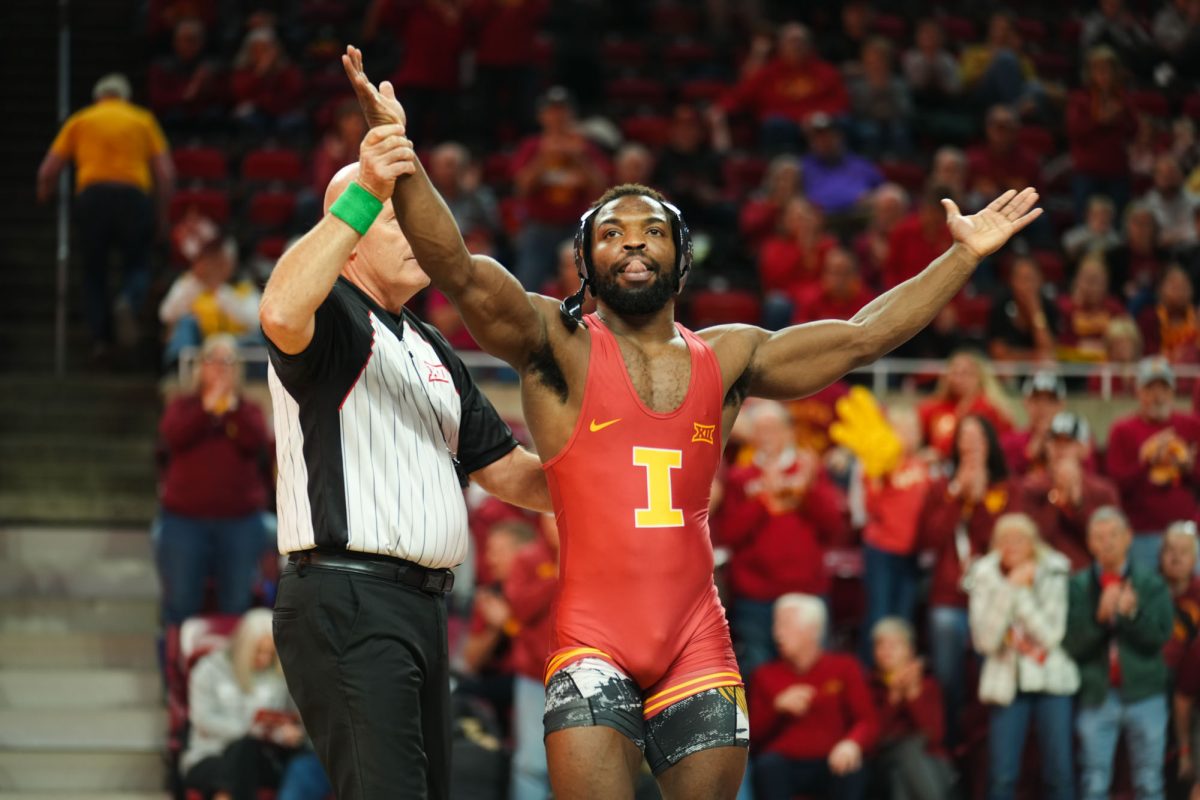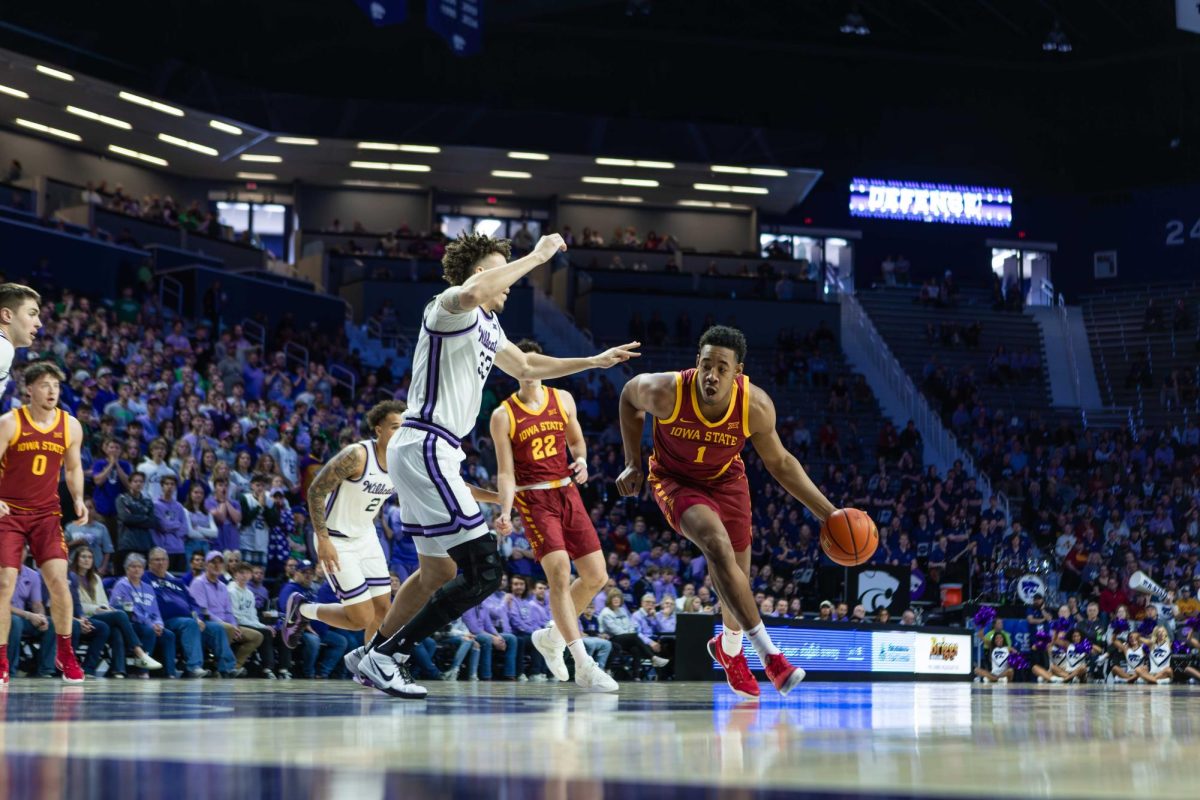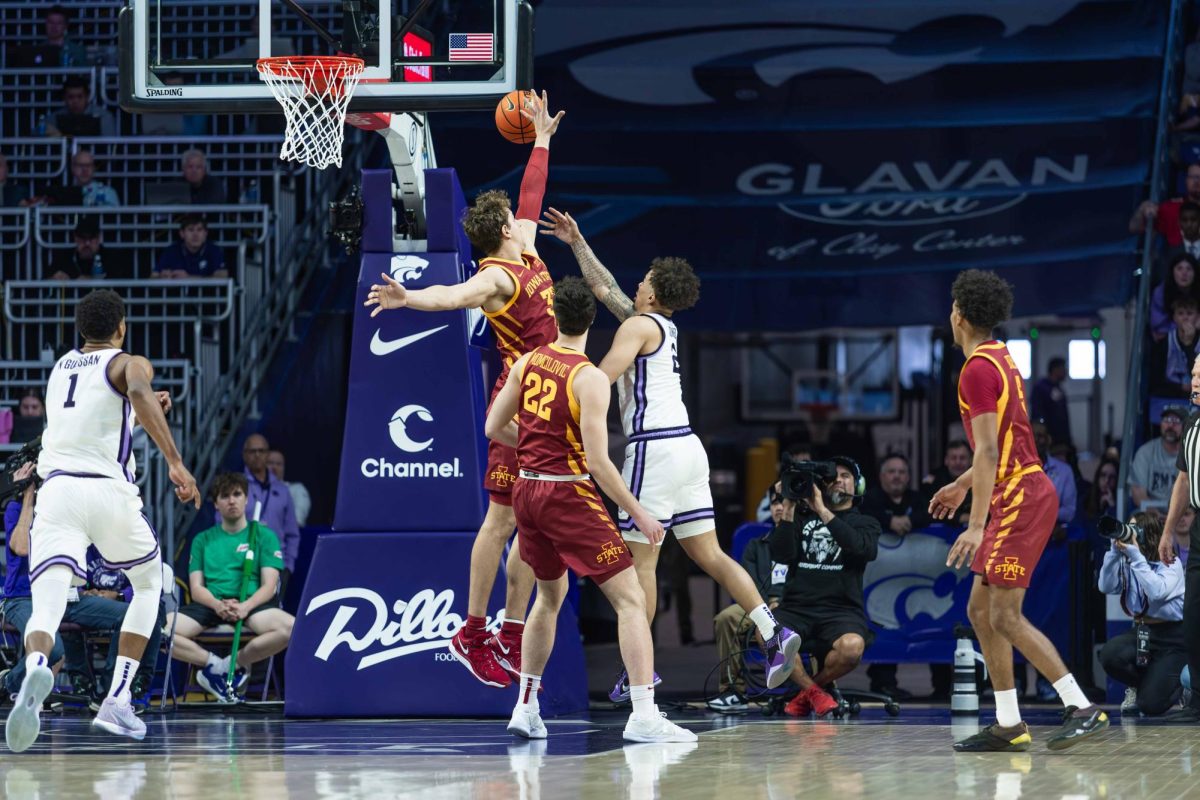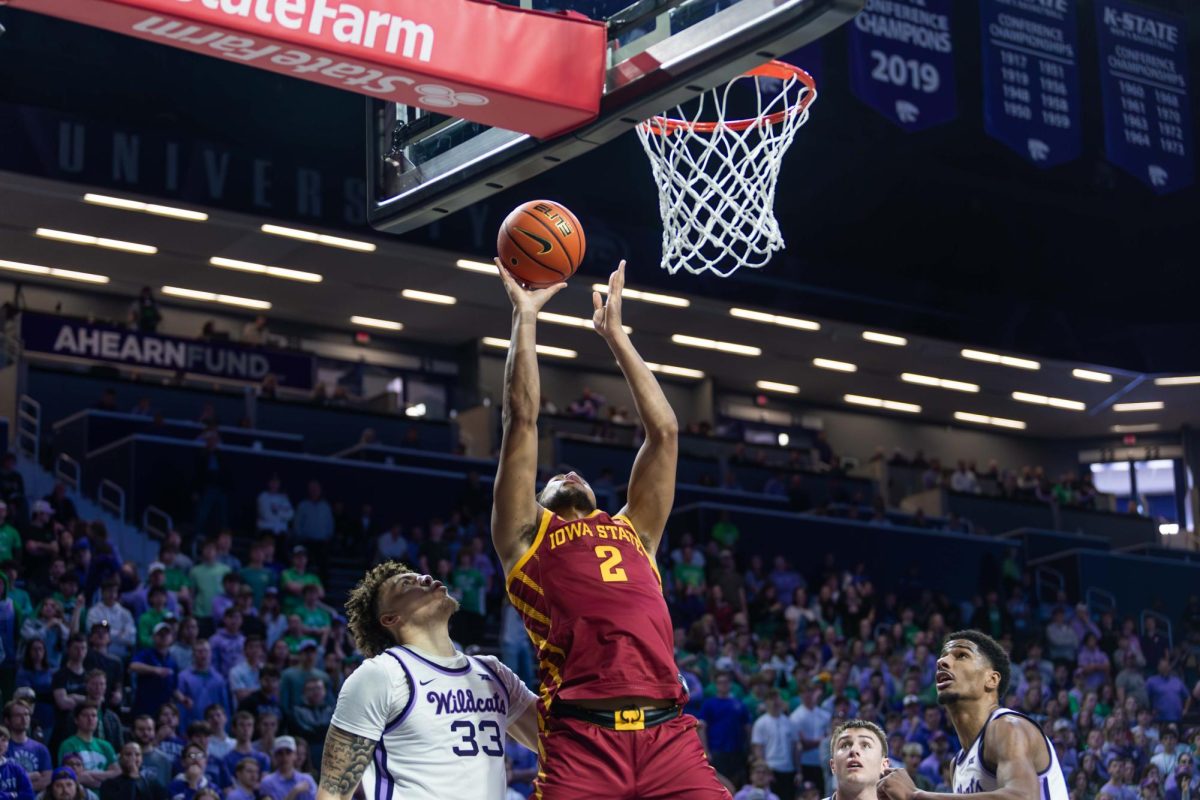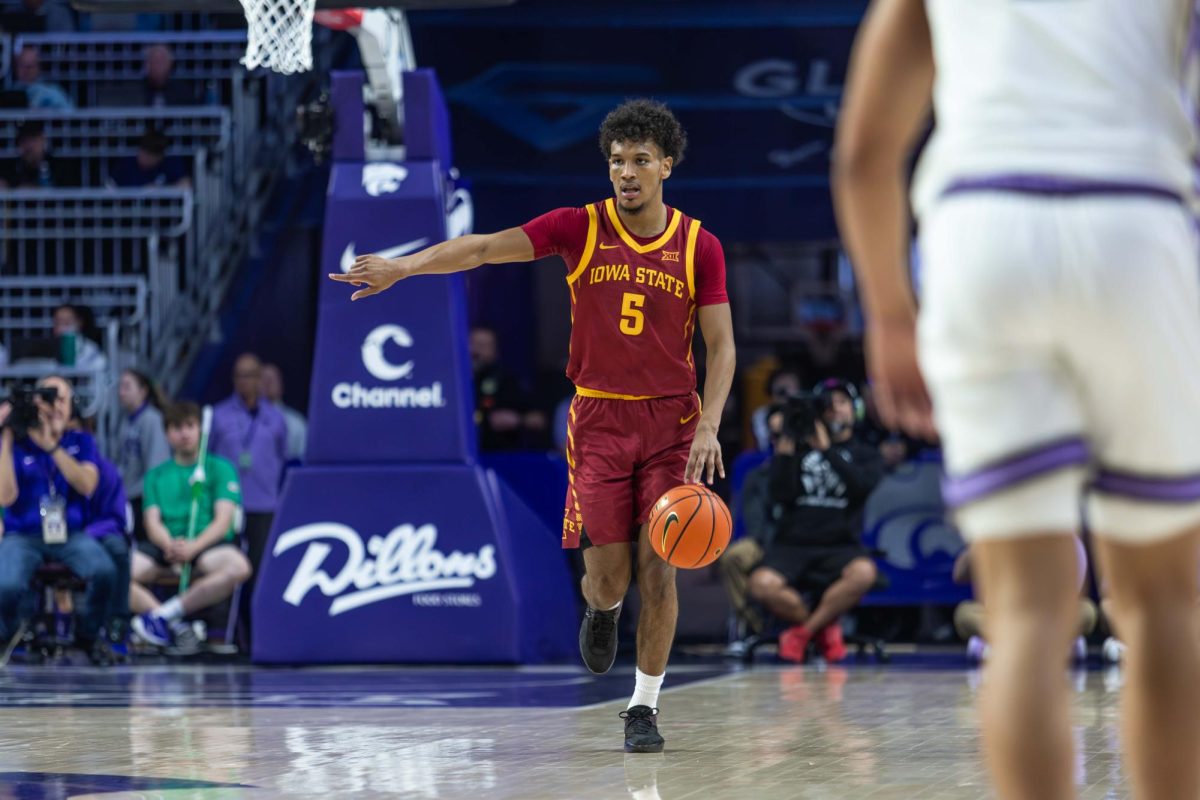Marvel and DC’s approach to film adaptations
October 2, 2014
This article is not intended to depict whether one company or studio has taken the “right” route when adapting comic book characters into films. This is simply to explain the depth at which each studio has made the decision, and to see how they compare or contrast. It’s no secret that Marvel got a better head start in creating their film universe and has been cranking out their films more rapidly than DC, but does that mean that DC’s films will have better quality in the long run?
Marvel: Escapism
Marvel began Phase 1 of their cinematic universe with Iron Man in 2008 and seemed to be off to an amazing start. Although the film started with a bit more serious of a plot, by the end audiences could tell that director Jon Favreau wanted the story to portray unimaginable adventure instead of serious drama. Almost all of the films so far in Phase 1 Phase 2 have followed the comedic and adventurous tone, which would fall under “escapism,” and fans love escapism; that’s why they go to the movies.
Superhero comic fans can complain about how true or not true the cinematic universe has been to the comics, but overall people need to remember that comic books are escapist fiction meant to portray larger-than-life heroes in conflicts that reflect the real world. Suspension of disbelief is key in enjoying superhero books and movies, and that may be why Favreau and Marvel decided to take Iron Man down the path of fantastic spectacles over dark, realistic elements. With this chosen technique, Marvel has been able to rapidly grow their cinematic universe and can bring audiences an adventure into a new world almost seasonally. By doing this, Marvel is allowing their audience to escape their own lives and enter their world.
The last thing to note about Marvel’s approach to their films is that by creating a wittier universe with juxtaposed characters, it allows for great banter between the very diverse characters in The Avengers.
DC: Grounded Realism
DC Comics have been making movies based on their characters such as Batman and Superman for quite some time now, but they haven’t been intertwined and under one studio’s direction until now. They also haven’t specifically come out with phases like Marvel. What they have done though is make superhero movies more real than ever.
While Jon Favreau was the debut director for the first Marvel Universe film, DC chose to re-boot the Batman franchise with Christopher Nolan. Nolan was well known for “Memento,” which was nominated for two Oscars, but hadn’t taken on a world of this magnitude. Comic book fans originally noted that Nolan wasn’t a big comic book geek, and he didn’t hide that. Nolan made it known early on that his plan for the trilogy was to make the story more grounded and about Bruce Wayne, and not to take on the heightened reality of the comics. Many got that idea early on, since Batman Begins was an origin story that centered on realistic locations, fighting techniques and a mercenary villain (Ra’s al Ghul) instead of comic villains.
Debates are still strong today about whether or not Nolan and Bale’s trilogy was an appropriate adaptation of the comic, but the box office numbers don’t lie. Joel Schumacher and Tim Burton directed the old Batman films of the 80’s and 90’s, and they chose to embrace the comic book fantasy style, and Nolan’s versions have done undoubtedly better. The Dark Knight and The Dark Knight Rises had immense box office takes and were even nominated for Oscars. So the question remains, do fans like superheroes that take them away from the drama of life or do they prefer ones that they can relate to?
DC felt like they took the right route and they kept their tone consistent when Zack Snyder headed the Superman reboot, Man of Steel. Nolan helped oversee the film and wrote the script, which worried fans that disliked his trilogy, but the film was exactly what the studio needed. It did away with the silly aspects of the attempts before it, and it was a masterpiece.
As both studios expand their respective universes and introduce new storylines, we’ll have to see how audiences react to both approaches. We’ll also have to see how, and if, Marvel intertwines The Guardians of the Galaxy with The Avengers, and how DC portrays the clash of Batman and Superman. Phase 2 and 3 of Marvel’s universe will undoubtedly take on a bit of a new to tone, but we’ll see how consistent DC is in the coming years. Both studios already have learned that you can’t make all comic book fans happy, but all we can ask of them is that they stay consistent and keep making smart, deliberate decisions.


